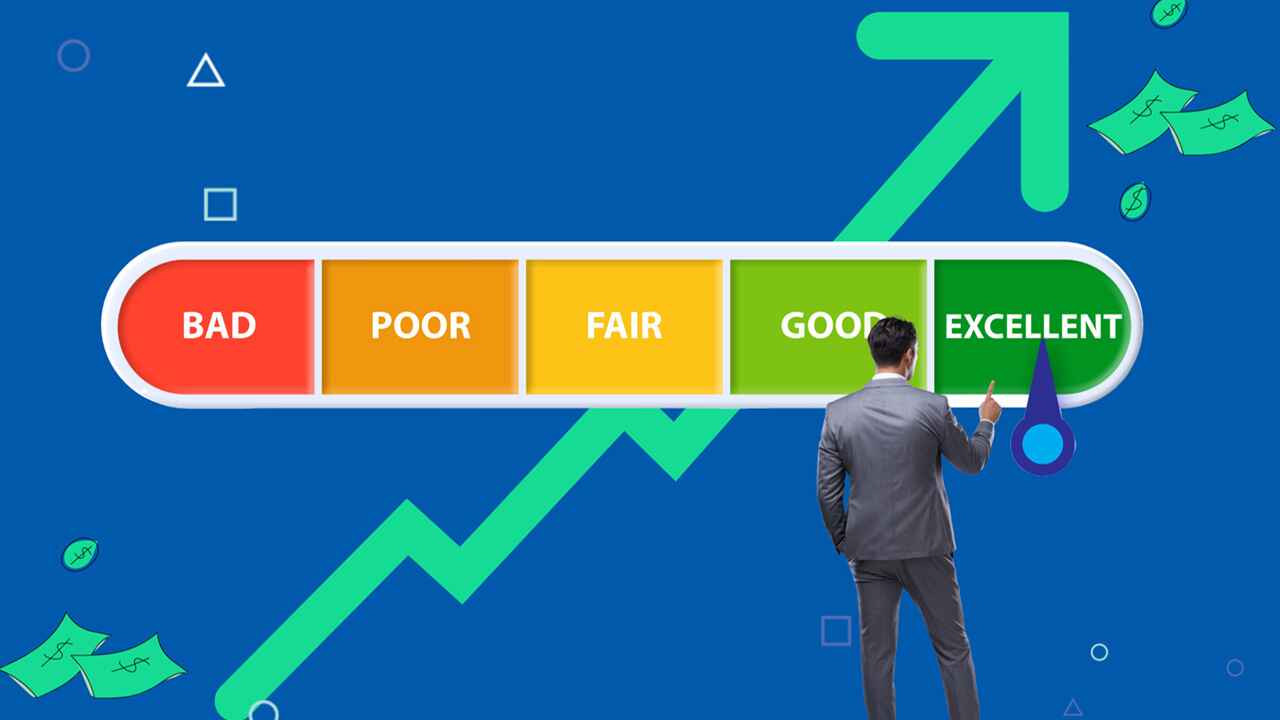What Is Credit Strong?
Credit Strong combines installment loans with your savings accounts. After initial approval, the loan amount is deposited into a secured savings account. The borrower then makes monthly payments and is reported to major credit bureaus like Equifax, Experian, and TransUnion to help build a positive credit history over time. Once the loan is complete, the deposited funds are made available to the borrower without fees or interest and are available for withdrawal.
“Your credit score is not just a number; it’s a tool that opens or closes doors to financial opportunities, including owning your dream home through a mortgage.”
Suze Orman
Credit Strong serves individuals with poor credit histories and businesses looking to build good credit. It does not require a credit check for approval, making it an accessible option.
How Does Credit Strong Work?
- Registration Step: US residents with a Social Security number and a valid bank account or debit card can apply online.
- Loan Activation: In the second step, a secured installment loan is issued in your name.
- Payments: You make monthly payments, contributing to both your savings and credit-building efforts.
- Completion: At the end of the term, you unlock your savings minus fees and interest.
Key Features of Credit Strong
– Flexible Plans: Options range from small monthly payments to higher-value plans like CS Max for businesses and individuals with larger financial goals.
– No Credit Check: Ideal for those starting fresh or recovering from financial challenges.
– Dual Purpose: Improve credit while saving money.
– Business Credit Building: Specialized plans for businesses that report to credit bureaus like SBFE and Experian.
Credit Strong’s Pricing and Plans
Credit Strong offers several plans tailored to diverse needs:
- CS Base: Basic installment loans with manageable monthly payments.
- CS Max: High-value loans for those looking to establish a history of managing larger amounts.
- CS Revolv: A revolving line of credit for demonstrating responsible credit usage.
Fees include a one-time setup charge and ongoing interest. For example, entry-level plans may charge a $15 origination fee with interest rates around 15%, while premium options like CS Max involve higher fees but lower interest rates.
Pros and Cons of Credit Strong
Pros:
– Transparent terms with no hidden fees.
– Reports to all three major credit bureaus.
– No prepayment penalties.
– Accessible to individuals with no prior credit history.
Cons:
– Funds remain locked until the loan term ends.
– Early cancellations may limit credit-building benefits.
– Availability restricted in states like Vermont and Wisconsin due to local regulations.
Top Alternatives to Credit Strong
Several companies provide similar credit-building solutions. Here’s how they compare:
– Offers low-cost credit builder loans and a secured credit card.
– Funds are stored in a certificate of deposit (CD) account.
– Monthly payments start at just $25, making it beginner-friendly.
– Recently acquired by Credit Karma.
– Combines savings goals with credit-building loans.
– No credit check required.
– A secured Visa card that builds credit without fees or interest.
– Requires a linked Chime account and no credit check.
– Offers credit builder loans with ultra-low APRs.
– Ideal for residents of eligible areas.
– Provides small loans ranging from $500 to $1,500.
– Competitive APR rates and straightforward terms.
Comparison of these companies in the table:
Provider | Key Features | Pros | Cons |
Self Financial | – Low-cost credit builder loans and a secured credit card. | – Beginner-friendly, low monthly payments starting at $25. | – May take time to see significant credit score improvement. |
SeedFi | – Combines savings goals with credit-building loans. | – No credit check required. | – Recently acquired by Credit Karma; service stability uncertain. |
Chime Credit Builder Card | – A secured Visa card that builds credit without fees or interest. | – No fees or interest. | – Requires a linked Chime account to use the service. |
Digital Federal Credit Union (DCU) | – Offers credit builder loans with ultra-low APRs. | – Excellent for individuals seeking low-cost loans. | – Membership eligibility limited to specific areas. |
Republic Bank & Trust Company | – Provides small loans ranging from $500 to $1,500. | – Straightforward terms. | – Loan size may be too small for some borrowers. |
How to Choose the Best Option
When selecting a credit-building solution, consider:
– Loan Amount and Terms: Credit Strong and Self Financial cater to various budgets. If low costs are a priority, DCU’s low APR options are worth exploring.
– Credit Check Policies: For those with poor credit or no history, options like Chime or SeedFi stand out due to their no-credit-check requirements.
– Additional Features: SeedFi’s goal-setting tools or Self Financial’s secured credit card may offer added value.
Is Credit Strong the Best Choice?
Credit Strong is an excellent option for individuals and businesses committed to building credit through disciplined monthly payments. Its unique blend of savings and credit-building makes it stand out, but success depends on consistent, on-time payments and careful plan selection.
For those seeking alternatives, Self Financial and Chime offer flexible and cost-effective solutions. Businesses may benefit from Credit Strong’s specialized offerings, while individuals looking for low-cost options might consider DCU or SeedFi.
Final Thoughts
Building positive credit is an important step towards financial stability, and Credit Strong provides you with a surefire way to get there. Whether you choose Credit Strong or any of the companies operating in this field, the key is to stay committed to your regular payments and then monitor your progress. With proper planning, you can create a strong and positive financial foundation for your future.
Conclusion
Credit Strong and other companies like Self Financial, SeedFi, and Chime offer valuable tools to help you build good credit. Their services provide options for individuals and businesses alike, empowering people to take control of their finances in the future. By researching your options, understanding your financial goals, and paying off your debt, you can create better credit opportunities, which can also help when applying for a mortgage, and pave the way for long-term financial success.















I don’t think the title of your article matches the content lol. Just kidding, mainly because I had some doubts after reading the article.